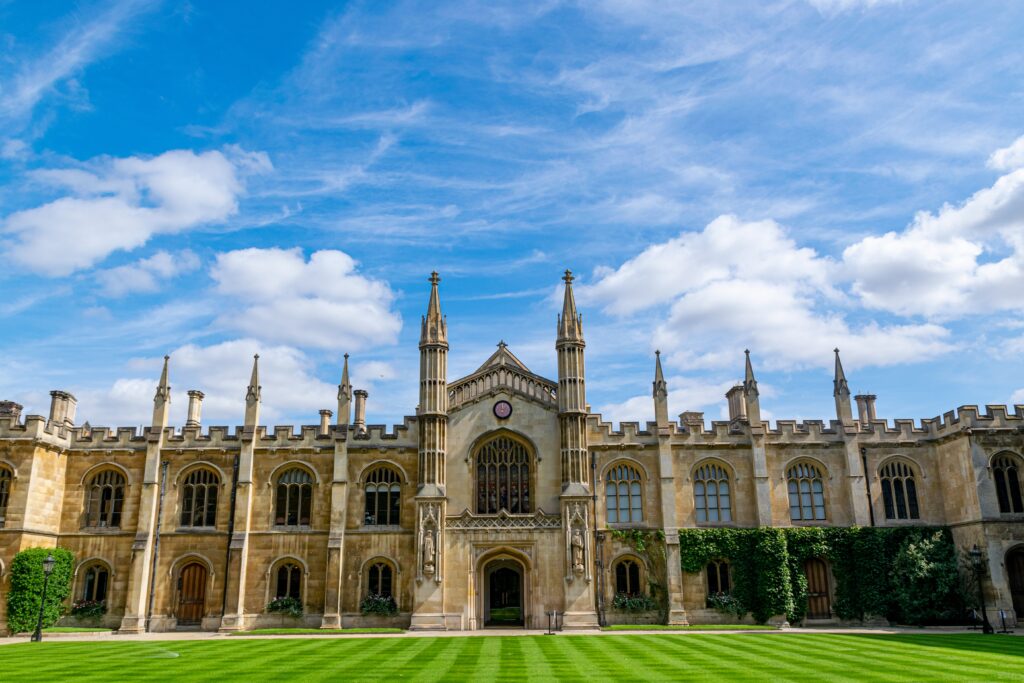Starting from the fun days of nursery school all the way up to the exciting ventures of higher education in renowned universities, we’re here to give an overview through each educational phase. Parents looking for clarity and students curious about the journey ahead – let this blog guide you! Jump right in as we map out the different stages of UK education.

1. Early Years Education
Nursery: Children aged 3-4 attend nursery schools, which focus on early learning through play and social interaction.
Reception: At the age of 4-5, children start reception class, which is the first year of primary education.
2. Primary Education
Key Stage 1 (KS1): Covers ages 5-7 and includes Years 1 and 2. The curriculum focuses on basic literacy, numeracy, and foundational subjects.
Key Stage 2 (KS2): Covers ages 7-11 and includes Years 3 to 6. It builds upon the foundation of KS1 and introduces more subjects like science, history, geography, and languages.
3. Secondary Education
Key Stage 3 (KS3): Covers ages 11-14 and includes Years 7 to 9. Students study a broad range of subjects, including English, mathematics, science, humanities, modern languages, and more.
Key Stage 4 (KS4): Covers ages 14-16 and includes Years 10 and 11. It culminates in the General Certificate of Secondary Education (GCSE) examinations, typically taken at the end of Year 11.

4. Post-16 Education
Further Education (FE) Colleges: After completing GCSEs, students can choose to pursue further education in a college or sixth form. They can take courses like A-Levels, BTECs (vocational qualifications), and other specialised programs.
Sixth Form Colleges: Some schools have dedicated sixth forms offering A-Level courses for students aged 16-18. A-Levels are a popular choice for those preparing for university.
5. Higher Education
Universities: After completing A-Levels or equivalent qualifications, students can apply to universities for undergraduate degrees. UK universities are globally renowned for their academic excellence and offer a wide range of courses and disciplines.

It’s important to note that education in the UK is compulsory between the ages of 5 and 16, and parents have the option of sending their children to state-funded schools (including academies and free schools) or private schools, which require tuition fees. The curriculum and educational standards are regulated by government bodies, such as the Department for Education and Ofsted (Office for Standards in Education).
Additionally, Scotland has its own education system, which shares similarities with the rest of the UK but also has some differences in terminology and structure.
For specific information on school admissions, curriculum, and academic requirements in the UK, it is advisable to consult local authorities or educational institutions, as practices may vary slightly between regions.
If you do require more in depth assistance; click Dreammove; we are here to help.



